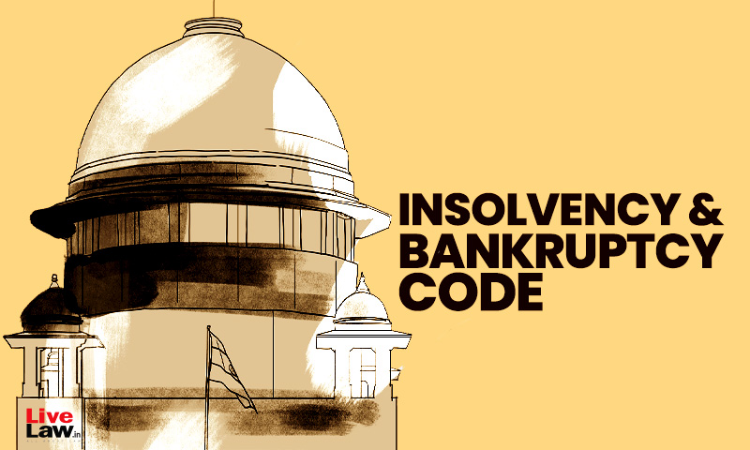Recovery Certificate Holder Can Initiate CIRP As Financial Creditor Under IBC : Supreme Court
Sohini Chowdhury
31 May 2022 9:33 AM IST

Next Story
31 May 2022 9:33 AM IST
The Supreme Court, on Monday, held that a liability in respect of a claim arising out of a Recovery Certificate under the Recovery of Debts and Bankruptcy Act, 1993 would be a "financial debt" within the meaning of Section 5(8) of the Insolvency and Bankruptcy Code, 2016 (IBC) and a holder of such Recovery Certificate would be a "financial creditor" under Section 5(7) of the IBC....
